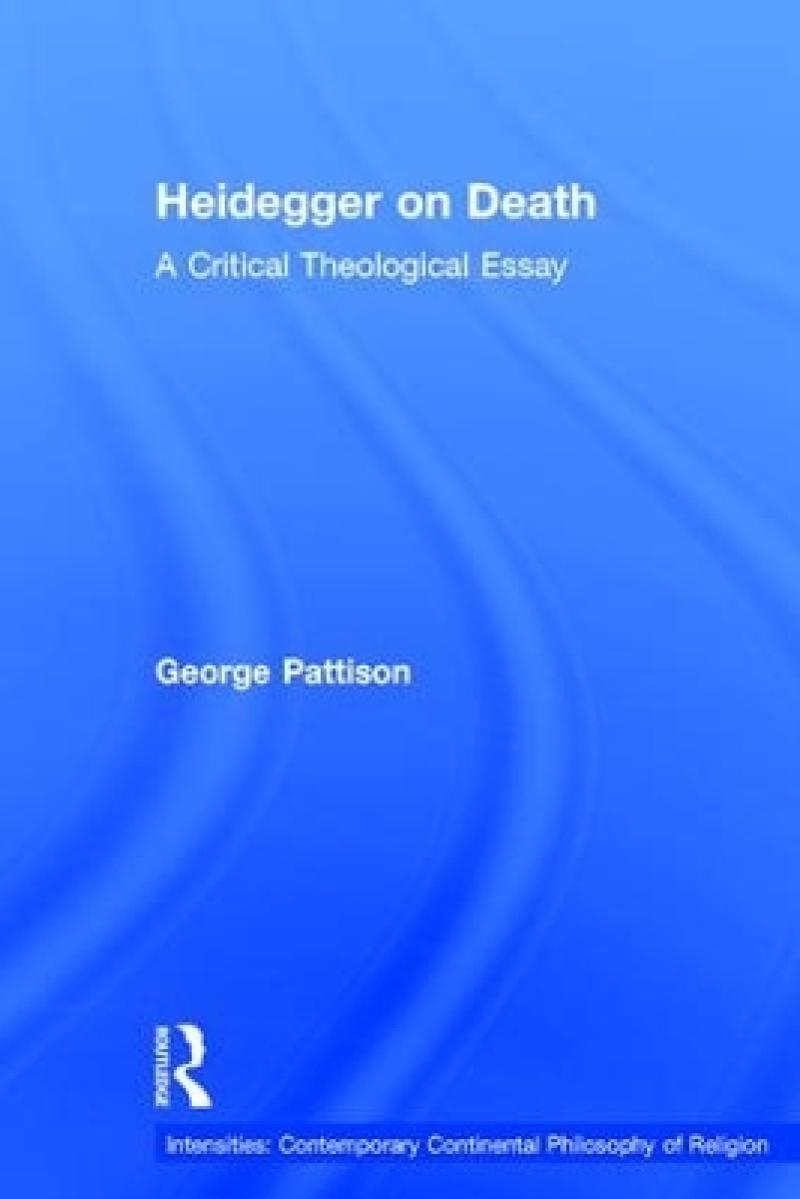’George Pattison's critical engagement with Heidegger acquires real originality and power from his willingness to exploit literary as well as philosophical and theological resources in developing it.’ Stephen Mulhall, Oxford University, UK 'Those readers interested in an incisive introduction to a crucial debate across the blurred boundary of philosophy and theology during the 20th century would do well to pick up this thoughtful and engaging book.' Church of England Newspaper 'The book has much to recommend it both theologically and philosophically.' Theological Studies ’Pattison deploys his encylopaedic grasp of Heidegger’s corpus to stage a wide-ranging explication Heidegger’s use of the idea of death.’ Expository Times
